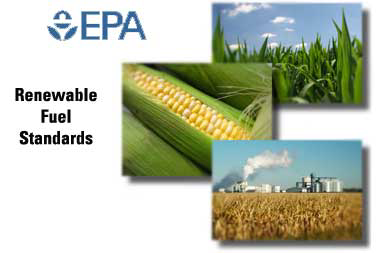US poultry org supports Renewal Fuels waiver

The price of corn in the United States could be reduced by more than $2 per bushel if a full waiver of the 2013 Renewable Fuels Standard (RFS) requirement was granted. This is according to economic data cited in comments submitted by the National Chicken Council (NCC) to the Environmental Protection Agency.
“Our comments prove in detail that the RFS is causing severe economic harm to the US economy, and the 2013 requirement must be waived in full,” said NCC President Mike Brown.
“Today’s corn crop report released by USDA verifies that this harvest will mark the lowest production since 2006. Despite 13% less corn than last year to go around, it is irresponsible to divert more than 40% of it to use as a second-rate motor fuel.”
“A California poultry company just this week filed for bankruptcy citing rising feed costs, making it the eighth company in the last two years to file for bankruptcy, be sold or simply close its doors,” Brown continued. “How many more jobs and family farms have to be lost before we change this misguided policy and create a level playing field on the free market for the end users of corn?”
The US chicken industry has suffered in the years since the implementation of the RFS, in contrast to the industry’s average annual growth rate of 4% and historical resiliency even during difficult economic times. In 2009, US broiler production decreased by 3.8%, the largest decrease since 1970. The years 2011 and 2012 each saw a 1% decrease in production, representing the first time in this period that the broiler industry has seen two consecutive years of negative growth.
These recent trends demonstrate that a historically resilient industry has seen the greatest decrease in growth (indeed, it has shrunk) in more than forty years during the implementation of the RFS, when it has seen demand for one of its primary inputs drastically and artificially increased. Because of the importance of corn in so many aspects of food production, the entire food industry—and ultimately, the consumer—are suffering because of the RFS.
NCC’s comments are available in their entirety by clicking here.












